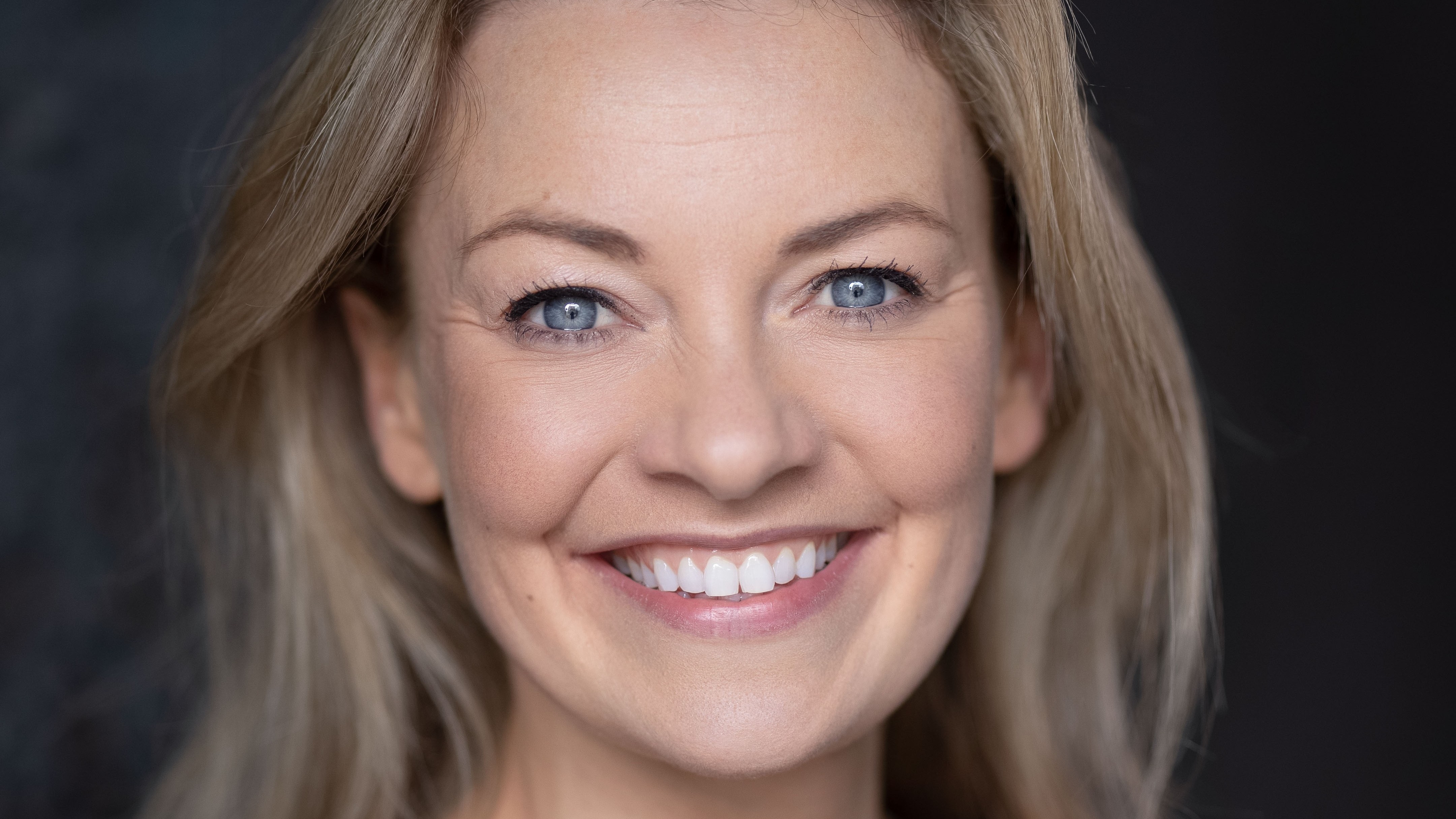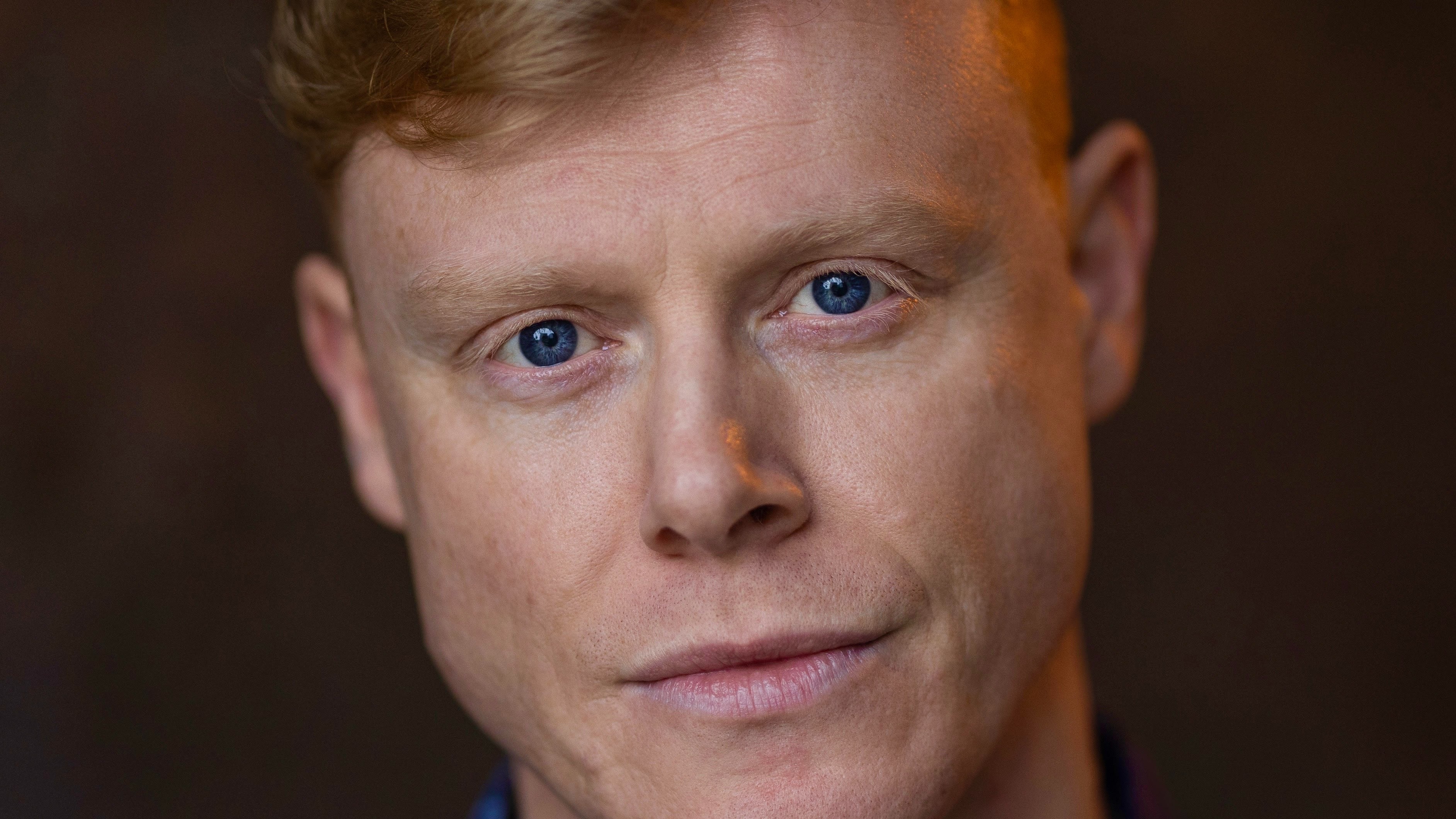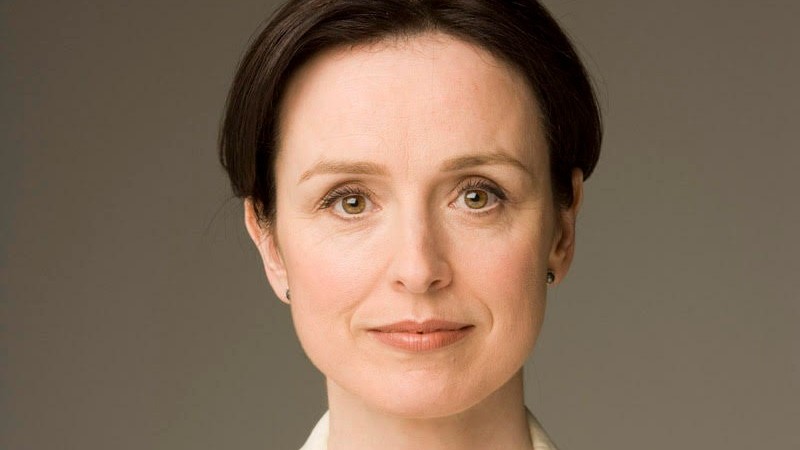FOR YOUR CONSIDERATION
IFTA AWARDS 2024
A Sunken Place
A young female neurologist in Dublin discovers a cure for depression, only to be targeted by an international pharmaceutical corporation determined to prevent her from getting to market.
Director: Ronan O'Leary Writer: Gerard Daly Producers: Gerard Daly
Filmmaker Q&A
What was the genesis of this film, and how did it evolve over the course of development to production and completion?
- (Ronan O’Leary, director): "I had helped Gerard Daly, the writer-producer, out on his first feature film “Sonny Capone” in the post-production phase, and when he decided to make “A Sunken Place” he approached me to direct it. Gerard had 25,000 euro and was planning to shoot the film with non-professional actors and crew, but I thought that the script was outstanding and deserved full production values. I was fascinated by the structure of the script, which was quite brilliant, and I noted that half of the cast never met or interacted with the other half. I suggested to Gerard that I would put in 15,000 euro and we would shoot half the film with a professional cast and crew for 40K, edit it, and then submit it to Screen Ireland under their Microbudget Scheme. We shot 50 minutes of end product, edited it, and submitted it to Screen Ireland, seeking 40,000 euro. Unfortunately, Screen Ireland rejected it. Obviously, we were not going to abandon, so Gerard and I spent the next two years saving up enough money from his earnings as a plumber and mine from my weekly Jobseeker’s Allowance, to film the remaining scenes. Unfortunately, when we were ready to roll, Covid had struck. We applied to Screen Ireland for 8,000 euro, but they informed us that this fund was only being made available to films already receiving Screen Ireland funding. So, we had to then wait another 12 months, to put the money together for the post-production. At which point, we were able to sell the novelisation rights to Gerard’s screenplay. Book publishers recognised immediately the quality of Gerard’s script, and bid on the rights to novelise it. The novel will be available in bookshops in May, to tie in with the cinema release by IMC."
What did you feel was the most fulfilling element of working on this film?
- (Gerard Daly, writer-producer): "That we were able to make this feature film with a crew of only 6 people and still delivered a fully professional product for the world market. We had a cameraman who also lit the sets and operated and did the DIT downloads during the lunch-break. We had the veteran Joe Dolan on sound, who boom operated while he mixed. We had a focus puller, a grip, a make-up artist, and a costume person, and that was it. I doubled as the unit driver, and Ronan made up to 40 rolls per day to feed the cast and crew. Nobody complained. Sadly, Joe Dolan passed away some months after we finished shooting. He had been in the business for over 50 years and was admired and loved by everyone. His work on “A Sunken Place” was so good, we did not have to ADR one single word of dialogue. It was the last film that Joe worked on, and he was very proud of it."
- Ronan: "I hope this film offers a beacon of hope to emerging film-makers that, yes, you can make an independent feature film successfully on a budget of 90,000 euros."
To what extent was your on-screen talent vital to the success of the film?
- Ronan: "I think every film can rise or fall through its casting. We had a large cast of 64 speaking roles in the film, with very experienced actors such as Barry McGovern, Rachael Dowling and Lorna Quinn. But 16 of the actors we picked were newcomers of great talent who were making their feature film debut; something which will help them enormously in both personal growth and in their career trajectory. The performances by newcomers Emma Dargan-Reid and Liam Murphy, playing two of the lead roles, are as good as you can get on an international level, and without doubt they are future stars."
Why is it important to see your work represented at the IFTAs and to be acknowledged by your peers in the Irish film community?
- Ronan: "Because IFTA is a hugely prestigious award, recognised internationally for its integrity and its good judgement."








logomenu.png)